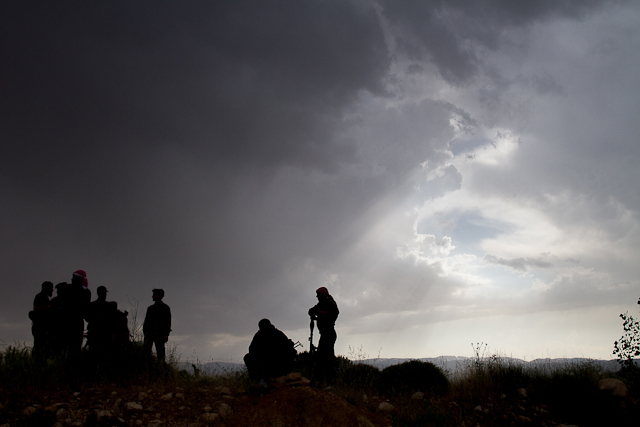Sam Tarling
As a Freelance Photographer and Videographer since January 2010, sam has covered a broad range of issues across the Middle East and beyond, including conflicts in Iraq and Syria, for major news organizations and aid agencies. She has shot and edited video for prominent outlets such as the BBC, creating news packages, mini-documentaries, and social media content. His extensive experience includes working under tight deadlines, respecting the dignity of subjects, and collaborating with top clients like The Telegraph, New York Times, and Human Rights Watch, with her work featured in Newsweek, Time, and other major publications. Sam Tarling was Executive's photographer from 2010 until January 2014. During that period he covered conflicts across the Middle East.

